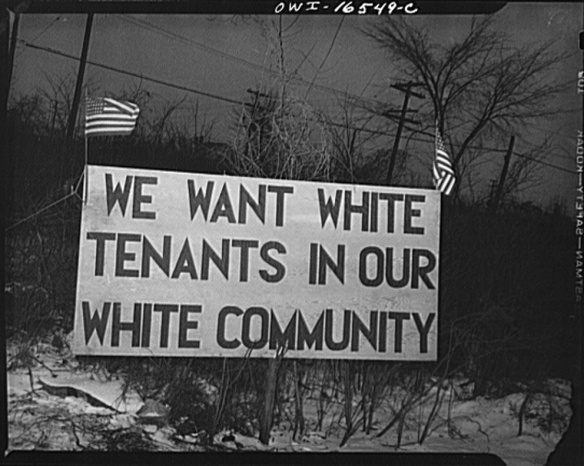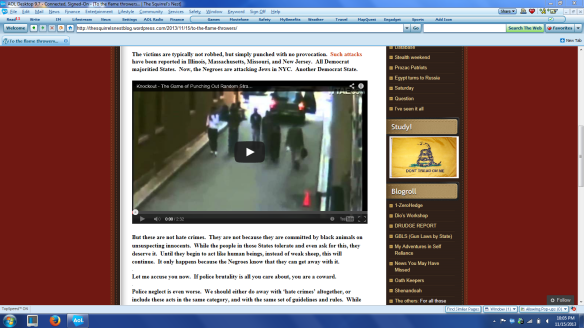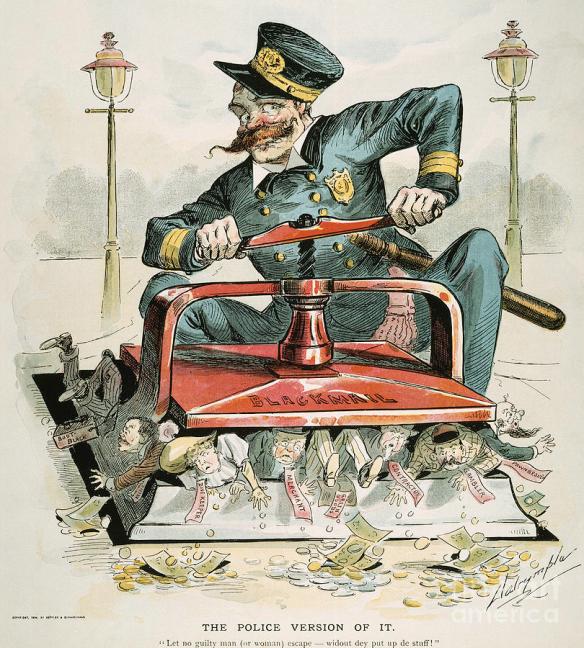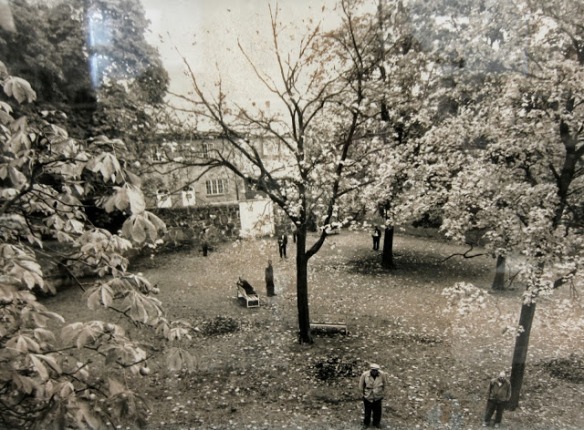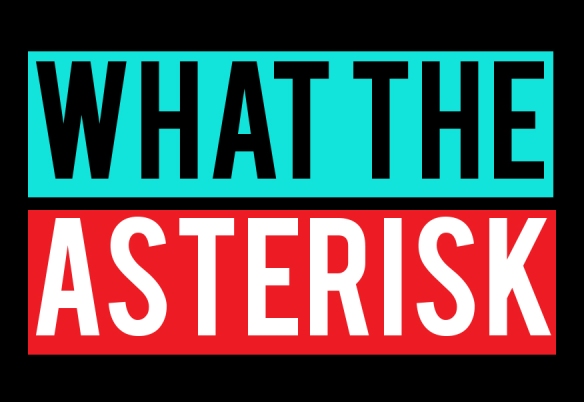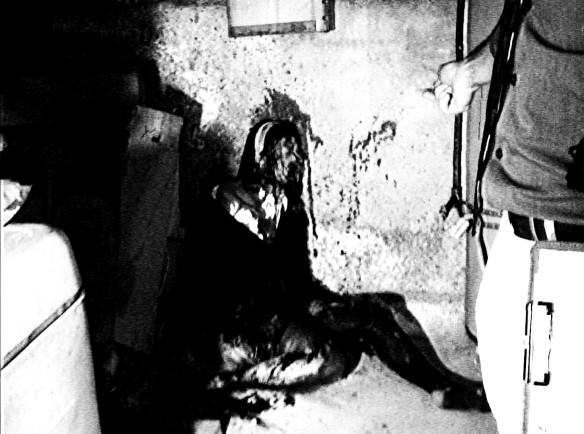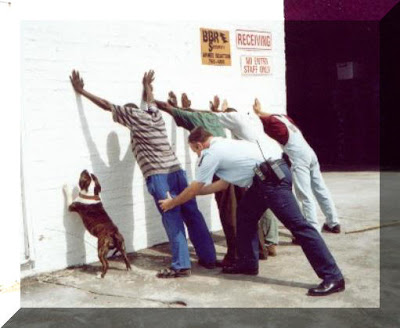
If you live in Texas you really should read this blog…………………….
Grits For Breakfast
http://gritsforbreakfast.blogspot.com/
He also runs Huevos Rancheros
http://huevosrancherostx.blogspot.com/
Grits for Breakfast looks at the Texas criminal justice system, with a little politics and whatever else suits the author’s fancy thrown in. All opinions are my own. The facts belong to everybody. Who is this guy?
His Bio………………….
Grits for Breakfast is the private weblog and nom de plume of Scott Henson, a former journalist turned opposition researcher/political consultant, public policy researcher and blogger. Here’s the short version of how I got here:
In college, I worked at The Daily Texan and afterward co-founded an alternative magazine called Polemicist with a max circulation of 15,000 that featured investigative journalism aimed at the university. For this work, my co-editor Tom Philpott, Jr. and I were inducted into UT-Austin’s Friars Society.
After leaving UT Austin without a degree to become associate editor at the Texas Observer, as well as freelancing for a number of publications along the way, I grew weary of journalism and turned to more exciting electoral politics, performing opposition and defensive research for a total of 68 political campaigns in Texas between 1991-2004, as well as performing technical writing for several government agencies and nonprofits. In a brilliant stroke of planning, in 1995 a partner John Umphress and I launched a startup business called Paper Trail Research Services – an ill-fated name that seemed perfectly suited before a couple of years later the internet made “paper trails” an anachronism. In the early days of the web, our firm was among the first to perform overnight profiles of entire jury pools for law firms using available databases and public records That was lucrative but boring work, for a while.
I also served a brief stint in the mid-’90s as a data specialist (or some such title) at the Texas State Medicaid Office, where I was primary author of the second edition of a publication called “Texas Medicaid in Perspective,” colloquially known as “The Pink Book,” essentially a 150-primer for legislators, staff and opinion leaders on the sprawling, byzantine, multi-billion dollar program. (That’s where many of those “technical writing” gigs came from.) For about five years during this period, I authored a column on health care finance for a now-defunct publication called
The Good Life. I also performed contract research on behalf of Texas environmental groups such as the Sierra Club and the Save Our Springs Alliance, including an early
public policy report critical of the economics behind a low-level nuclear waste dump in West Texas.
Most of my criminal-justice reform work over the years was performed as a volunteer, and mostly in the political off-season. I became engaged in the subject after helping victims respond to a serious police brutality incident in my own neighborhood in Austin in 1995. That got me engaged on the issue at the city level.
In my role as an opposition researcher, during Austin’s 1996 municipal elections I experimented for the first time with html and created a web site called the
Austin City Council Candidate Hall of Shame, where I dumped opposition research regarding a slate of four establishment candidates. Though “the public” didn’t necessarily see the site, insiders and journalists did and frequently cribbed facts and analysis from it in ways that indirectly influenced their reportage. A lot. By the end of the campaign, virtually every tidbit from the site had made its way into some media outlet’s coverage and every targeted candidate lost. Emboldened, the next year, I created a now-defunct website called the
Austin Police Department Hall of Shame which published excerpts from police disciplinary reports procured under the Open Records Act, and later, weekly media roundups of police misconduct cases. As my interests expanded beyond police misconduct and toward the state legislature, the now-shuttered site was renamed the bland, “Texas Police Reform Center.’ In many ways it was a proto-blog, but all hand-coded in html.
In 1998, I was a co-founder of a local political action committee, the Sunshine Project for Police Accountability, which successfully campaigned for Austin’s current
Police Monitor and Oversight Board, for
all the good it did. On behalf of that group, 1999 was the first year I began monitoring criminal justice legislation at the Texas Lege, where over the years I’ve helped promote and/or negotiate a number of important pieces of reform legislation and fought (with mixed results) to kill bad bills.
From 2000 to 2006 I was director of the Police Accountability Project at the ACLU of Texas, at first part-time, and was the group’s point person negotiating new security legislation post-9/11 at the Texas Legislature. While at ACLUTX, I worked on several pieces of successful legislation on their behalf, including a requirement for corroboration of undercover informants after the Tulia drug stings and Texas’ racial profiling statute, which included provisions incentivizing and financing use of dashcams in police cars performing traffic stop. I helped push Texas’ early probation reforms in 2003-2005. Also in 2005, I helped pass
legislation regulating the sort of regional narcotics task forces involved in the Tulia drug sting. The following year, the governor
de-funded and disbanded the task force system because so many brashly refused to accept DPS oversight – the serendipitous culmination of a five-year campaign by my Police Accountability Project to eliminate the drug task force system. As a reward for that success, in late 2006 I was invited to resign from ACLU of Texas in a nasty, pointless organizational implosion thanks to my insufficient political correctness. Such are the realities of political life; if you want a friend, get a dog. I have three.
After my abrupt and unexpected ouster from that group, I began taking contract and freelance work for private clients, continuing the blog as a private effort. Ironically, the following year, largely due to work on this blog I was named the ACLU Central Texas Chapter’s Civil Libertarian of the Year. During this period of semi-to-unemployment, I spent a great deal of time covering the Texas Youth Commission
implosion and its aftermath and the
Great Eldorado Polygamist Roundup, though the focus of the blog necessarily narrowed when I found regular work again. Regrettably, Grits doesn’t cover as much juvie stuff anymore.
My next regular, paid gig related to criminal-justice politics came in 2008 when I became a consultant for the Innocence Project of Texas, lobbying on their behalf at the Legislature in 2009, 2011, and 2013 to help successfully secure expanded compensation for exonerees, reforms in eyewitness identification procedures, corroboration for jailhouse snitches, expanded access to habeas corpus writs, and other public-policy reforms. I still work for them today. I sometimes take on a handful of other clients performing policy research on criminal-justice topics as well as other subjects, including periodic research and writing assignments for nonprofit groups. (I spent much of 2010 and 2011 consulting on water rates for environmentalists, of all things.) Lately I’ve been volunteering with the
Texas Electronic Privacy Coalition to attempt to apply the Fourth Amendment warrant requirement to cell-phone tracking and personal emails stored on third-party servers.
Grits for Breakfast remains an uncompensated hobby: All opinions are my own unless otherwise specified. I also maintain a seldom-updated personal blog called
Huevos Rancheros. I’ve maintained Grits independently from any group or party because I want it to be
place to discuss ideas in all their nuance, not just a spokesblog for this or that organization. The problems facing the criminal justice system are enormous, and we need unfettered, creative thinking to identify solutions that can work for everybody and keep us safe and free. It’s my sincere hope that Grits contributes to that process in some small way.

